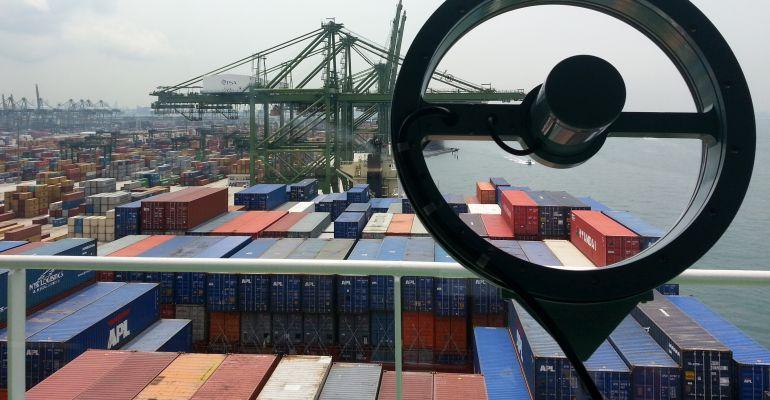Following a sharp drop in bunker fuel prices in March-April 2020 due to the coronavirus (Covid-19) pandemic, prices then started to rebound and stabilise at around $290 per metric tonne (pmt) for 380 cst high sulphur fuel and around $340 pmt for VLSFO.
“This level was quite stable from June to early-November, however, since then, the fuel price has begun to increase significantly,” commented Alan Murphy, ceo of Sea-Intelligence.
For VLSFO, the price increased 35% from 1 November 2020 to 8 January 2021. During this period, there was a price jump from $357 pmt in November to $407 pmt in December and $427 pmt to-date in January.
“For carriers that make monthly adjustments, this means that low sulphur fuel prices can trigger BAF increases, especially from March onwards,” Murphy observed. “For carriers that make quarterly adjustments, Q2 BAF would be based on the average fuel price in December-February, and while the beginning of 2021 remains stable by virtue of stability seen most of the second half of 2020, the calculational basis for BAF stands to increase significantly for 2021-Q2.”
In addition, the VLSFO premium has also increased from a stable value of $50 pmt for most of 2020 to $86 pmt from mid-November onwards.
Murphy said this change is not only important for BAF structures but is also important in two other contexts.
“Firstly, this means that carriers will see an improvement in the relative value of the scrubber installations, allowing them to use IFO380. But it also means that we might begin to see a re-kindling of the discussion as to whether BAF formulas should take the scrubber-enabled vessels into account - especially on the Asia-Europe trade, where many vessels have had scrubbers installed,” he explained.
Bunker surcharges skyrocketed around the time of the introduction of the IMO 2020 regulation but reduced as the oil price dropped dramatically in the second quarter of 2020.
Copyright © 2024. All rights reserved. Seatrade, a trading name of Informa Markets (UK) Limited.
Add Seatrade Maritime News to your Google News feed.  |

